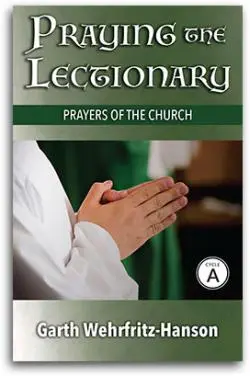Brief Graveside Sermon for Helga Gushulak
September 8, 2018 1 Comment
 Brief Graveside Sermon for Helga Solvejg Gushulak, based on Eccles 3:1-8 & Jn 14:1-6 by Pastor Garth Wehrfritz-Hanson, Bawlf Cemetery, 8/09/2018.
Brief Graveside Sermon for Helga Solvejg Gushulak, based on Eccles 3:1-8 & Jn 14:1-6 by Pastor Garth Wehrfritz-Hanson, Bawlf Cemetery, 8/09/2018.
There are some deaths that we would speak of as “untimely.” These deaths often come as a surprise, and are tragic, premature, and unexpected. Then, there are other deaths that we speak of as “timely.” These deaths are often not a surprise. Rather, they seem to bring to completion a life well lived. Although those of you who knew and loved Helga will most certainly miss her; and mourn her loss; it is quite fitting that you can also remember her and give God thanks for her life.
In our passage from Ecclesiastes, the writer speaks a lot of timeliness. He tells us there is a time and purpose for everything in life, and then proceeds to name the various stages and experiences of life’s journey. For someone like Helga, these stages and experiences of the life cycle ring true, as the LORD blessed her with a ripe old age of 92 years.
Even though the LORD saw it fit that it is Helga’s time to die; her life shall remain a part of yours as you cherish your memories of her. Even though there is a time to mourn and cry; Helga’s time now with the LORD in heaven is a time of laughing and dancing and rejoicing—just as she met her husband Pawlo/Paul at a dance hall, so now she’ll meet him again and the LORD of the dance in heaven and they will dance to their hearts’ content. A time to live in perfect peace with God.
During Helga’s time with us at Bethany Meadows, she quite enjoyed staying in her room. There she passed her time doing puzzles and reading mystery-romance novels, and welcoming visitors.
Let me tell you about the greatest mystery-romance, and it’s not a novel, rather it’s true and real. Let me also tell you about the greatest welcome of all. In our Gospel passage, Jesus promises that he’s preparing a place in heaven for us, so that eventually he will come and take us to himself, telling us: “so that where I am, there you may be also.” What a wonderful promise that is! The sense of what Jesus speaks of here is something we can all relate to—namely, that of entering your house after a long journey and finding it has been made completely ready for you to live in by someone who loves you. Isn’t that great when we discover that all of the details have been looked after; all is prepared for us; all we do is arrive and wow! what a surprise! Isn’t it great to be welcomed like that. What a joy that will be! What a gift that is! We call it God’s saving grace. And Jesus offers it to each of us—including Helga. For that, thanks be to God! Amen.















Recent Comments